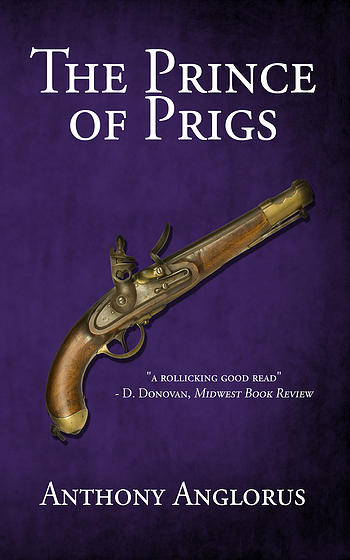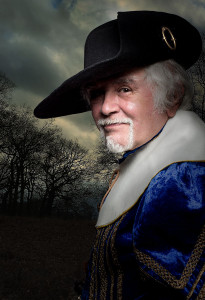Anyone who believes that they are too knowledgeable to learn more and improve is both a fool and a failure-in-waiting. There is always something you can improve. In my case, whilst I was ploughing through and writing, I was also posting regularly on critique sites and listening to what others had to say.
Yes, there were a few times that I rejected suggestions - but usually, that would be because I had also received suggestions from others which I preferred. However, using a critique site to improve your work is the first tip I would offer. Your family and friends are simply not able to view your work objectively. Nor can you.
Another important point arose fairly early on; how many words should I write? All the advice seemed to point to 70,000 words, and I stuck to this target. Subsequently, I have learned that once a book passes 80,000 words, this creates a manufacturing problem which escalates the cost. As all publishers are looking solely at the question of whether they can make money from your book, something which makes it more expensive to produce is obviously highly disadvantageous.
My next valuable tip came during the submissions process. One agent rejected my work with a comment, which was “I don’t like books in first person; they limit the breadth of the storyline too much.” It hurt, but she was right; writing in first person forces you to keep the focus totally on one character and what he knows and learns. You can’t build any sort of conspiracy, can’t explain the motivation of others. Third person gives you the flexibility to build a complex tale.
Whilst writing “The Prince of Prigs”, I hit a problem; I have no experience or knowledge of battle, and did not feel competent to write about it. Yet my story had brought me to the cusp of my hero joining an army in Ireland - a country I have never really visited. For seven long months, the story sat growing electronic dust until one day, I met author Ben Kane during his epic walk along Hadrian’s wall with a couple of other authors. “Well,” he said in that appealing Irish brogue of his, “I was a vet before turning to writing, and I’ve never been to war. It never stopped me writing about it, you should just go with it. I got away with it, why shouldn’t you?”
I did go with it, but I put it off until later, deciding first to insert more about what was happening in England at the time. Then I thought it would be good to insert another highwayman, one of his contemporaries. Finally, I wove in a friendship with a leading member of the parliamentarians. Now I was ready to write about war - but wait, I’d almost used up my allocation of words! But then I spotted that if I got him to do that, then he would hate him and seek revenge. Then he could take his revenge that way but him could do that if that man spotted he. So I was able to follow my instincts and avoid writing about war.
Finally, some advice directly from me myself personally. After a lot of rejections, it became clear that the selected opening events were not sufficiently tickling anyone’s fancy. So I made the radical decision to ignore all advice and swap two events. I was opposed on this, but stuck to my guns. Once it was cleaned up, I submitted it to two small publishers. Both liked the opening. Both asked for the full document. One offered me a contract, which I liked and so had to tell the other publisher that the book was no longer available.
I know that this last advice completely contradicts everything else. But in essence, what it says is that in the final resort, your heart knows best.
The Prince of Prigs by Anthony Anglorus
Publication Date: July 6, 2015
Bygone Era Books
Formats: eBook and Paperback
Genre: Historical Fiction
The union of England and Scotland under one crown is not even a half century old, and the Parliamentarians already threaten the very fabric of the nation. These are the adventures of highwayman Capt. James Hind who, in Robin Hood fashion, steals from the Roundheads to help fund the royalist cause. When Cromwell comes to power, James, the Prince of Prigs, must be careful whom among his treacherous “friends” he trusts.



Interesting observation about the word count. I had heard first time authors should never go over 90,000 words but I also thought 80-85,000 was reasonable and expected.
ReplyDelete